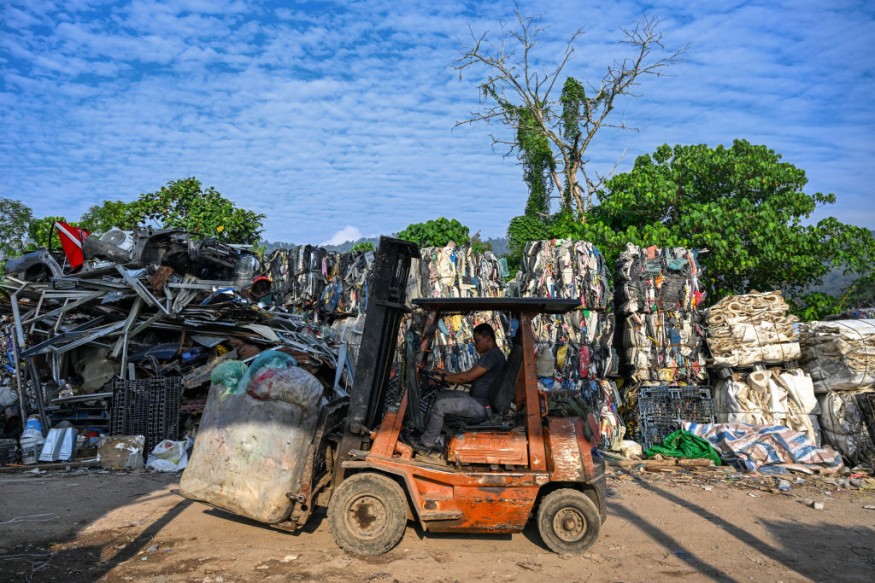Recent research suggests that plastic companies may have broken several United States laws in addition to spending decades undermining attempts to address the plastics catastrophe.

Violation Of Laws
The Center for International Environmental Law (CIEL) has researched and demonstrated some of the high costs that are imposed on US cities and states by litter. This research contends that by releasing plastic into the environment they might be breaking consumer protection law, product liability law or public nuisance law.
Based on recently disclosed internal records and earlier investigation, the research team asserts that manufacturers were aware of these hazards but continued to manufacture and sell plastics.
According to internal records and an earlier investigation, manufacturers knew about these threats, but kept producing and selling plastics.
Petrochemical companies that are held accountable for the global proliferation of plastics following the Second World war include ExxonMobil Chemicals, Shell Polymers and consumer product manufacturers like Coca-Cola, PepsiCo, and Unilever, among others with the plastic industry changing its focus from just serving military needs to serving the public.
According to the Organization for Economic Co-operation and Development (OECD), the amount of plastic production globally had grown from 1950 when it was at only 2 million tons annually to 234 million tons around 2000. In the past 20 years, it has been noted that levels went further up to 460 million by 2019.
In the 1950s, makers of plastics knew that their products would never decay and records from 1969 show that industry representatives discussed their accumulativeness in the environment but nevertheless continued to sell them.
To deal with public concerns over plastic pollution, the industry has generated sophisticated marketing campaigns focused on blaming the end consumers rather than manufacturers. As a result, one buzzword "litterbug" emerged.
By pressuring states to adopt a plastic-packaging numbering system that resembled the "chasing arrows" recycling symbol and thus appeared to indicate recyclability, the industry "misled the public" in the 1980s. (The use of the symbols is currently being reevaluated by the Federal Trade Commission.)
At that same time, some local governments started making efforts to reduce the pollution caused by plastic.
Extensive Consequences
The report contends that there are extensive consequences from both this deceit and plastic waste. Plastic has clogged sewer grates, increasing flooding and necessitating the purchase of pricey skimmers by governments to clear trash from waterways. Additionally, populations have been exposed to microplastics, which are thought to be detrimental and are shown to be widespread in studies.
The study provides an overview of various legal frameworks that governments may find useful in holding these harms accountable. Consumer protection laws might be used to stop dishonest marketing tactics, nuisance laws could hold businesses accountable for damages brought on by defective design, and nuisance laws could account for the harms themselves.
These theories have been applied in current lawsuits. This month, Baltimore filed a lawsuit against six plastic businesses and another against cigarette manufacturers for their part in the littering of plastic cigarette filters. In 2023, New York also brought legal action against PepsiCo. However, the authors claim that the harms are more extensive than these lawsuits show.
There are ongoing initiatives to ensure accountability. Rob Bonta, the attorney general of California, has been looking into the plastics sector's recycling communications for the past two years. The probe may lead to a lawsuit against the oil business.
Related Article : Plastic Pollution: Scientists Drop Over 8,000 Items in Laboratory Rivers to Further Understand Impact of Plastic Waste
© 2026 NatureWorldNews.com All rights reserved. Do not reproduce without permission.





